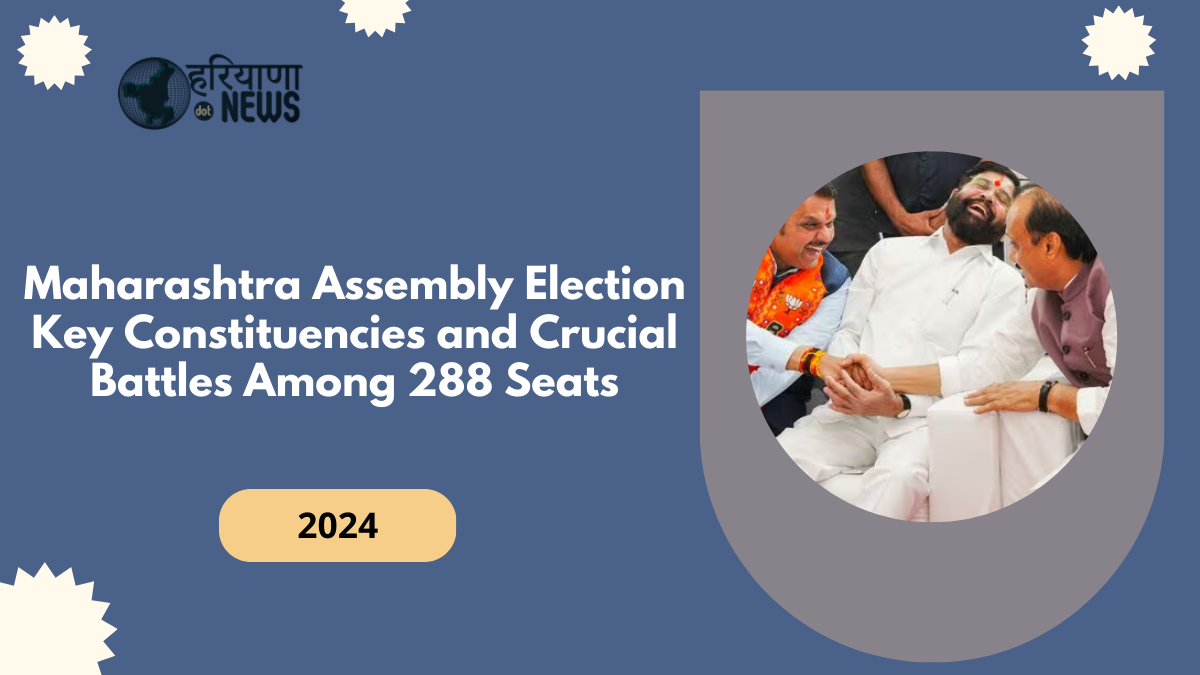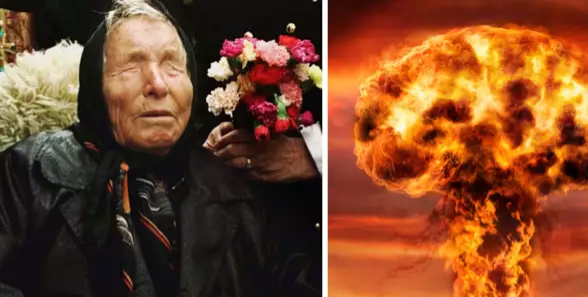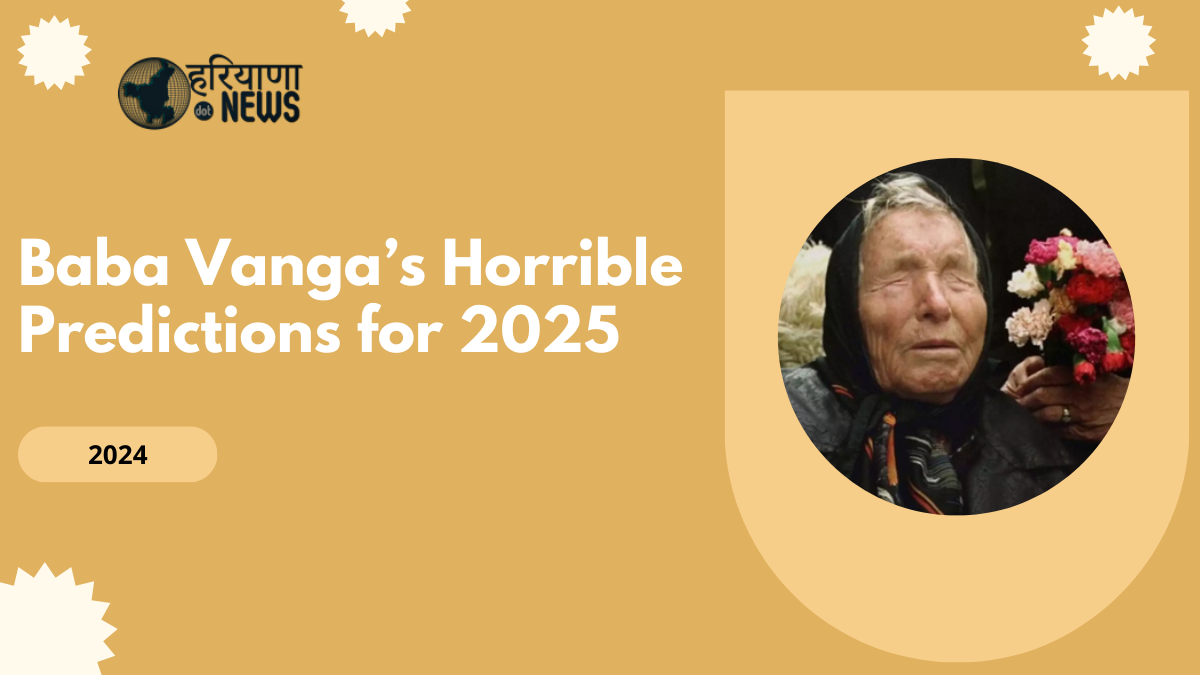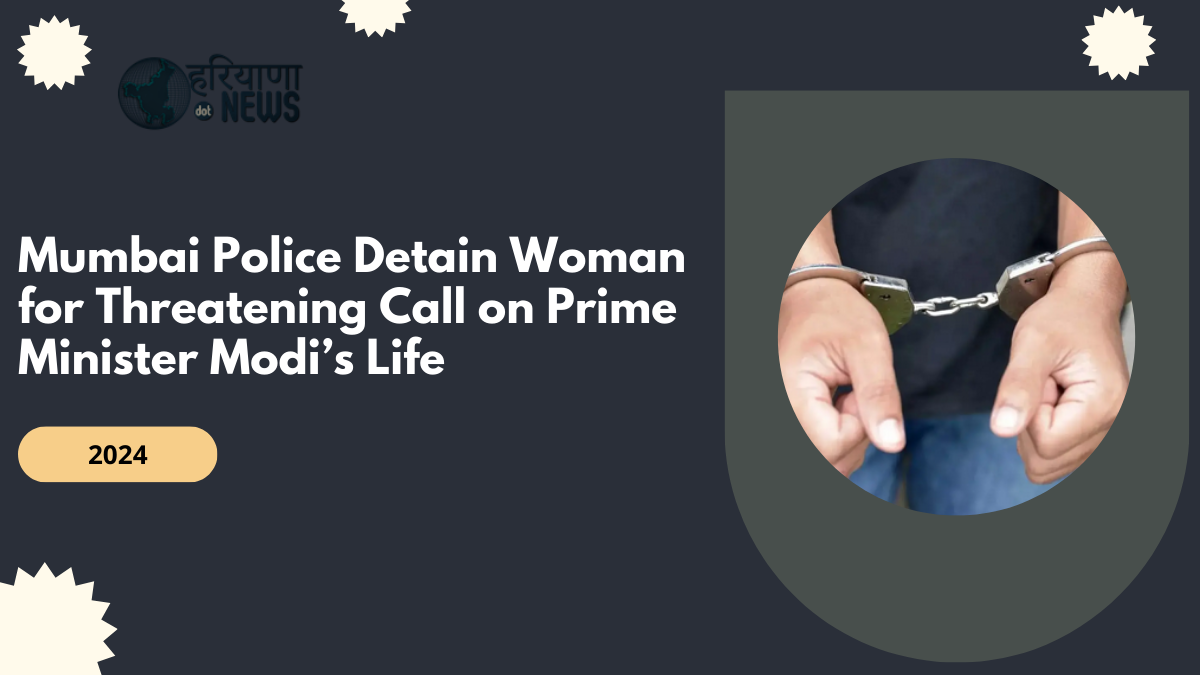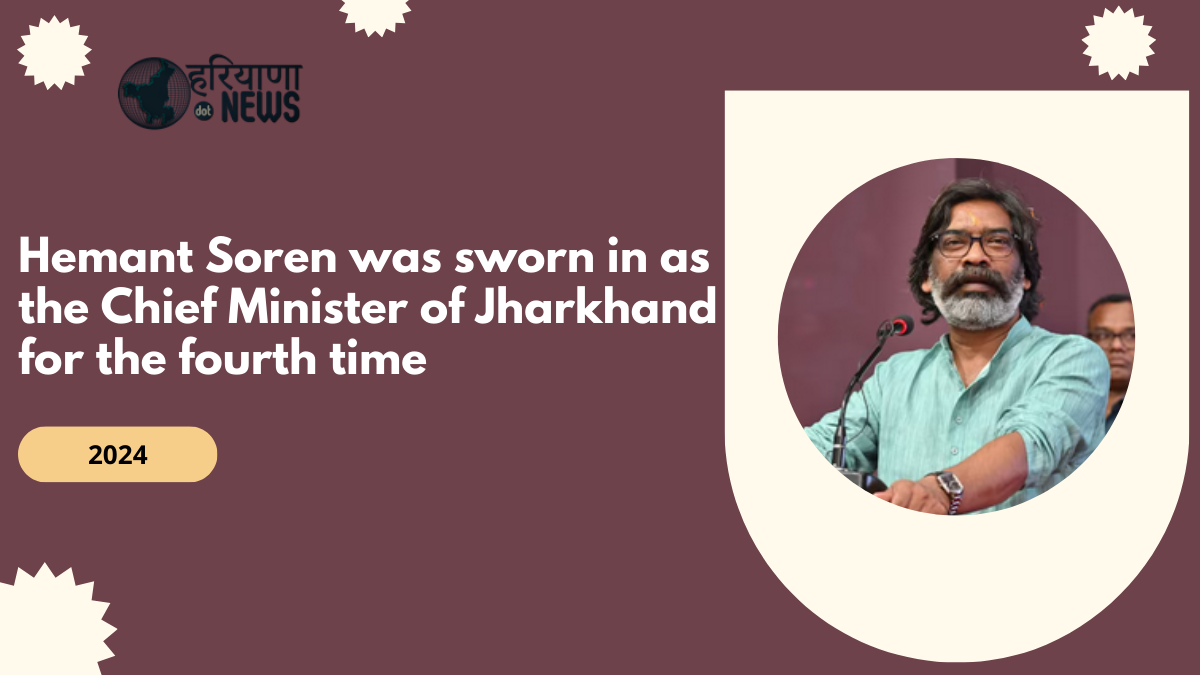As Maharashtra gears up for its assembly elections, significant political rivalries are unfolding. The ruling BJP-led Mahayuti coalition is striving to maintain its control, while the opposition Maha Vikas Aghadi (MVA) alliance is determined to stage a strong return to power.
On Wednesday, November 19, India’s wealthiest state will elect representatives to its 288-member legislative assembly. This political contest pits the Bharatiya Janata Party (BJP) against the Congress, with both aiming to emerge as the largest party. Meanwhile, their allies — Shiv Sena factions, the Nationalist Congress Party (NCP), and others — are focusing on strengthening their political positions.
Star Campaigners and Electoral Dynamics
The election has seen prominent national leaders, including Prime Minister Narendra Modi, Union Home Minister Amit Shah, and Congress leaders Rahul Gandhi and Priyanka Gandhi Vadra, actively campaigning across Maharashtra. These rallies aim to rally voters behind their respective candidates.
Of the 288 constituencies, 234 fall under the general category, 29 are reserved for Scheduled Castes (SC), and 25 for Scheduled Tribes (ST). Following the withdrawal of 2,938 nominations out of 7,078 valid entries, a total of 4,140 candidates remain in the fray, according to the state’s chief electoral office.
Top Five Key Constituencies to Watch
1. Worli: A High-Stakes Three-Way Contest
Mumbai’s Worli constituency is witnessing a three-cornered battle featuring:
- Milind Deora (Eknath Shinde-led Shiv Sena)
Deora, a seasoned politician and former MP for South Mumbai, is counting on his reputation among urban middle-class voters. Having held significant roles in the UPA-2 government, including Minister of State for Communications, his experience could influence the electorate. - Aaditya Thackeray (Shiv Sena – Uddhav Balasaheb Thackeray)
Aaditya Thackeray, who won the seat in 2019 with an overwhelming 89,248 votes, is known for his proactive approach during the COVID-19 crisis. His ability to address urban challenges resonates with many voters. - Sandeep Deshpande (Maharashtra Navnirman Sena)
While the MNS holds a relatively smaller share of the vote, Deshpande’s emphasis on local issues such as housing and infrastructure has gained traction, particularly among Marathi-speaking residents.
2. Baramati: A Pawar Family Face-Off
The Baramati constituency, a traditional stronghold of the Pawar family, is set for an intense contest:
- Yugendra Pawar (NCP – Sharad Pawar faction)
Making his political debut, Yugendra has been mentored by Sharad Pawar. He has experience managing election campaigns for his aunt Supriya Sule and serves as the treasurer of Vidya Pratishthan, an institution founded by his granduncle. - Ajit Pawar (NCP – Ajit Pawar faction)
Ajit Pawar has been a dominant figure in Baramati, winning the seat for seven consecutive terms since 1991. In 2019, he secured an 83.24% vote share, underscoring his enduring popularity in the region.
3. Vandre East: A Battle of Legacy and Grassroots Support
This constituency sees a clash between young leaders with contrasting political legacies:
 Mumbai Police Detain Woman for Threatening Call on Prime Minister Modi’s Life
Mumbai Police Detain Woman for Threatening Call on Prime Minister Modi’s Life
 Hemant Soren was sworn in as the Chief Minister of Jharkhand for the fourth time, took oath as Jharkhand’s 14th chief minister
Hemant Soren was sworn in as the Chief Minister of Jharkhand for the fourth time, took oath as Jharkhand’s 14th chief minister
 India’s Strategic Breakthrough: Advancing SLBM Capabilities with INS Arighaat
India’s Strategic Breakthrough: Advancing SLBM Capabilities with INS Arighaat
 Chinmoy Das Arrest: High Court Petition Seeks Ban on ISKCON Amid Rising Violence Against Hindus in Bangladesh
Chinmoy Das Arrest: High Court Petition Seeks Ban on ISKCON Amid Rising Violence Against Hindus in Bangladesh
 Bangladesh Police Use Tear Gas and Batons Against Hindu Protesters After Chinmoy Das’ Arrest
Bangladesh Police Use Tear Gas and Batons Against Hindu Protesters After Chinmoy Das’ Arrest





- Zeeshan Siddique (Congress)
Zeeshan has garnered significant support from young voters and the Muslim community. Known for addressing local issues and his active social media presence, he may also benefit from sympathy votes following the death of his father, Baba Siddique, a former state minister. - Varun Sardesai (Shiv Sena – UBT)
As Uddhav Thackeray’s nephew, Sardesai is a key figure in the party. His influence in Vandre East stems from his appeal to the Shiv Sena’s core voter base and his role during the party’s turbulent split.
4. Nagpur South West: Fadnavis vs. Local Challenges
Deputy Chief Minister Devendra Fadnavis is contesting for a fourth consecutive term in Nagpur South West:
- Devendra Fadnavis (BJP)
Fadnavis, a seasoned politician, has held the seat since 2009. His reputation for fostering development and his strong organizational backing provide him with a significant advantage. - Praful Gudadhe (Congress)
With deep community ties, Gudadhe may tap into voter dissatisfaction with the BJP’s handling of urban development and public services. His grassroots approach could resonate with those seeking change.
5. Kopri-Pachpakhadi: A Contest of Legacies
In Thane’s Kopri-Pachpakhadi constituency, Chief Minister Eknath Shinde faces a formidable opponent:
- Eknath Shinde (Shiv Sena – Shinde faction)
Shinde often cites the influence of his political mentor, the late Anand Dighe, on his career. His connection to Dighe’s legacy is further highlighted by his support for the biographical film Dharmaveer 2. - Kedar Dighe (Shiv Sena – UBT)
Anand Dighe’s nephew, Kedar, represents the UBT faction. This familial connection may attract voters who still revere Anand Dighe’s contributions to the region.
Conclusion
The Maharashtra assembly election is not only a test of political alliances but also a battleground for legacy, grassroots support, and regional identities. With high-profile candidates and strategic constituencies in play, the outcomes in these five key seats could significantly shape the state’s political landscape.
Click here to know more.

